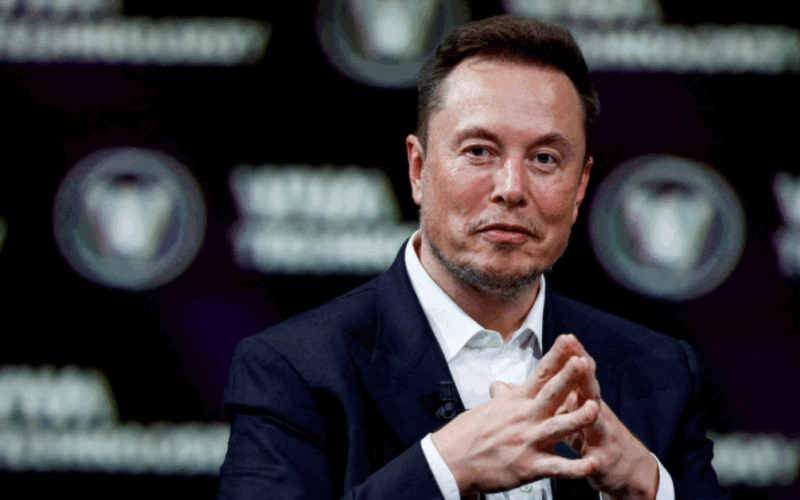Elon Musk, the well-known CEO of several tech companies, has recently been involved in controversial lawsuits. These lawsuits target groups reporting on neo-Nazi content found on X, the social media platform formerly known as Twitter. Despite Musk’s efforts to silence critics, his legal actions are encountering significant challenges and are mostly failing to hold up in court.
This issue is gaining attention because it highlights the conflict between freedom of speech and responsibility in moderating harmful content online. Many young people and internet users around the world are watching closely as this battle unfolds, raising important questions about the limits of social media censorship and transparency.
What Are Elon Musk’s Lawsuits About?
After Elon Musk took over Twitter and rebranded it as X, several groups began reporting on the rise of extremist content, including neo-Nazi posts on the platform. Musk responded by filing lawsuits against these groups, accusing them of defamation and trying to hurt his business. However, legal experts say Musk’s claims are weak because the reports are based on documented evidence and aimed at exposing online hate speech.
According to a recent report by NPR, courts have dismissed many of Musk’s lawsuits due to lack of substantial proof. This shows the difficulty of using the legal system to silence critics in the age of digital media and open information sharing.
Why Are These Lawsuits Failing?
The main reason these lawsuits are falling apart is that the reports made by watchdog groups are protected under laws such as freedom of expression and fair reporting. When organizations publish the truth about harmful content on platforms like X, courts often support their right to inform the public.
CNN explains that courts are careful when balancing the rights of social media platforms against those who expose wrongdoing. Since the groups reporting on neo-Nazi content have substantial evidence, Musk’s legal actions appear to be attempts to intimidate rather than resolve problems.
What Does This Mean for Social Media Users?
For everyday users, these legal battles show the growing power and responsibility of social media companies to control harmful content while respecting free speech. Elon Musk’s lawsuits failing indicate that people can still speak out against hate and extremism online without fear of being legally attacked.
Young internet users especially need to understand the importance of standing up for safety and truth on platforms like X. Transparency about harmful content helps make social media safer and ensures companies cannot ignore serious issues without consequences.
Conclusion: Holding Powerful People Accountable
Elon Musk’s struggles with these lawsuits underline an important message: no matter how powerful, public figures and companies must be accountable for their platforms. Protecting the public from dangerous content like neo-Nazi posts is essential, and those who expose such issues deserve support, not legal threats.
As the online world continues to evolve, cases like these remind us all to stay informed and advocate for responsible internet use. More updates on this topic are expected, and following trusted news sources will help keep readers aware of the latest developments.




